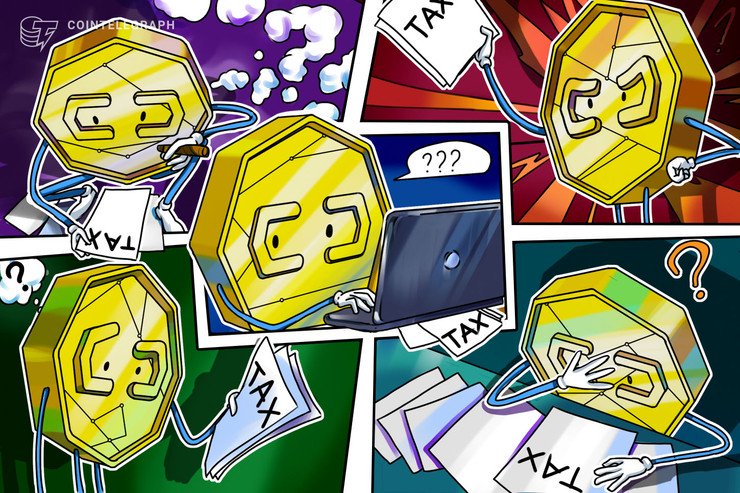The Spanish tax authority has begun sending out warning notices to 66,000 cryptocurrency holders to remind them of their tax obligations.
According to Europa Press, the Agencia Estatal de Administración Tributaria (AEAT) began the campaign on April 1, and will keep firing off letters until June 30 in the midst of the national COVID-19 crisis.
The 66,000 notices represents a sharp increase from 2019, the first year of the campaign, when a reported 14,700 notices were sent out. The tax watchdog is also targeting those who earn income abroad and from real estate investments.
Taxes don’t stop during a pandemic
Speaking with CryptoX, Javier Pastor, chief sales officer at Spain-based crypto exchange Bit2me, said he believes the government may be looking for ways to obtain income to help pay for the huge costs incurred during the COVID-19 crisis.
Pastor pointed out the Spanish government has not postponed the filing of tax returns or the payment of taxes due to the pandemic. He said the measures would not affect Spanish exchanges much, even though he believes stricter KYC rules and transaction monitoring is on the way.
“This does not affect us much in the companies in the industry that have been doing things well […] I think they [tax watchdog] are only scaring the novice user by applying such measures, plus I don’t think they are going to collect much tax revenue from the cryptocurrency sector because they are not even regulated in our country.”
The national tax authorities have become increasingly interested in crypto over the past couple of years, in which a series of measures were implemented to oversee tax obligations.
Growing interest in crypto taxation
In 2018, CryptoX reported that Spain’s tax agency sent information requests for customer data to 60 companies associated with cryptocurrencies, including those firms that accepted cryptos as a payment option. They required them to provide details about the owners of the accounts, the frequency of crypto transactions, among other aspects.
Local crypto exchanges were also asked to provide the identity of the crypto traders and the euro amount of the transactions.




